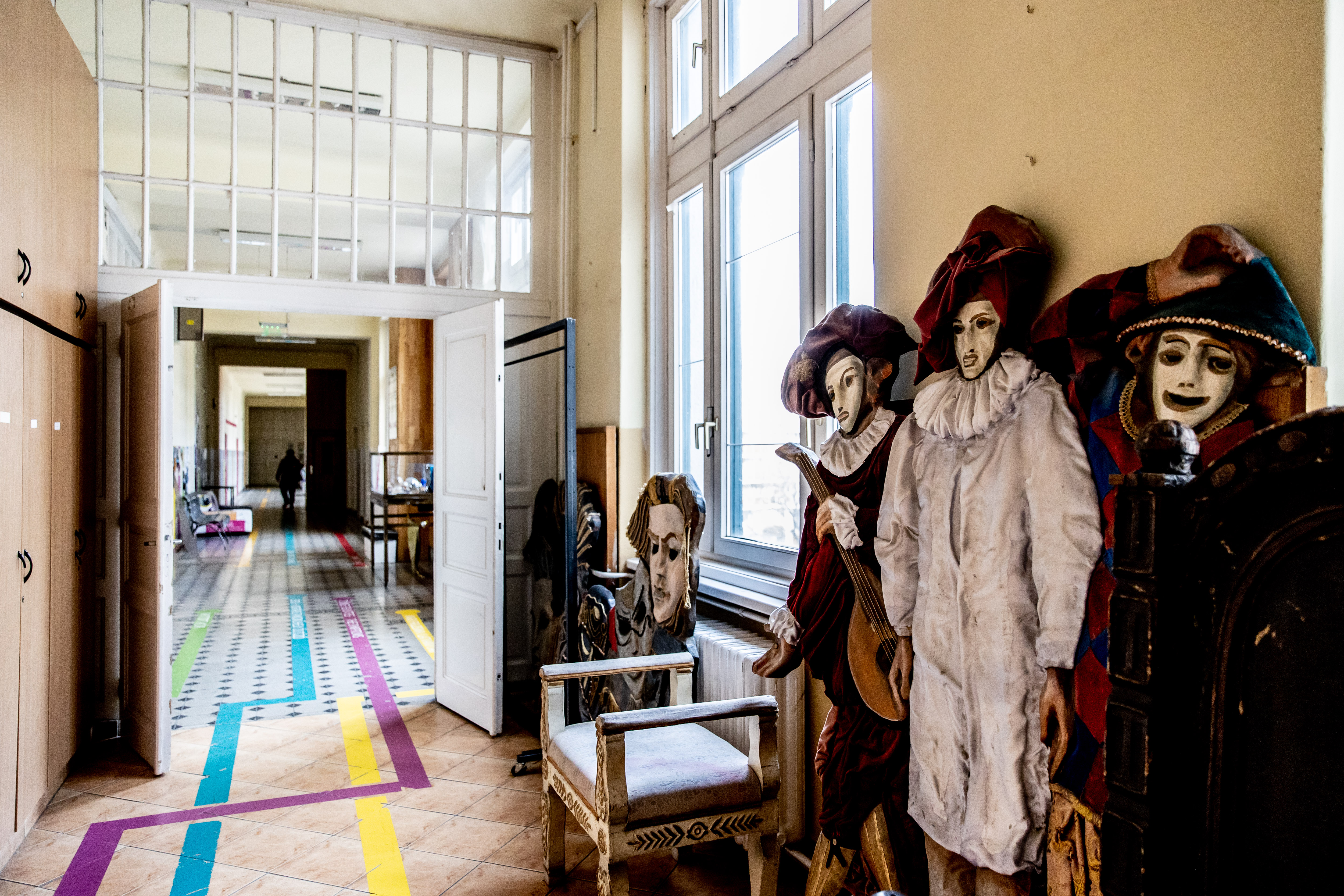Plans and reality
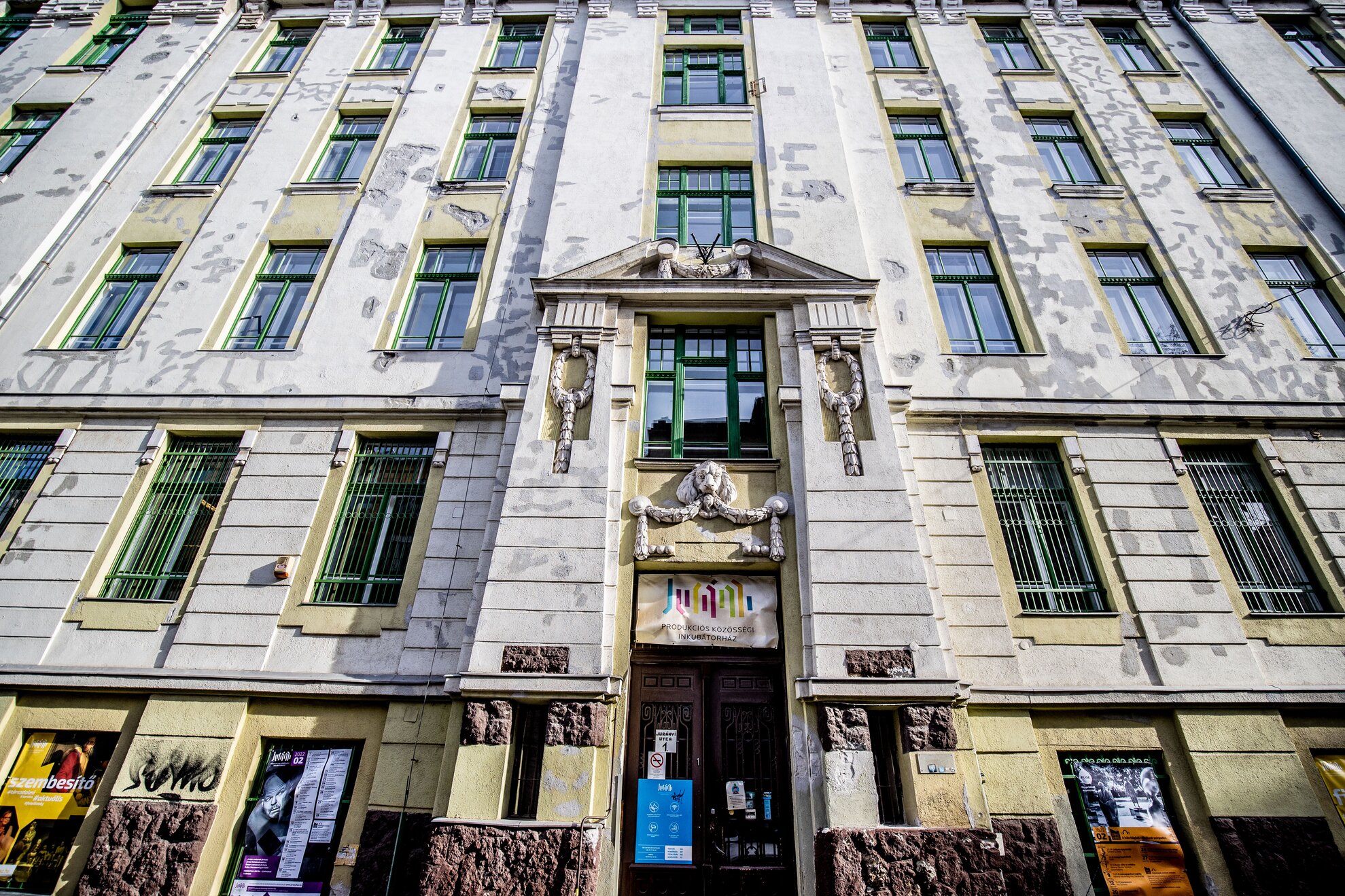
The FÜGE
Association was founded in 2006 and has
been launching its own theatrical productions since 2010, coordinating and
initiating projects and nurturing talent. At first, they had no
place of their own until they discovered a large building at Jurányi utca 1 in
District II, the former home of two vocational secondary schools.
The original
goal was to find a permanent rehearsal and performance space for the eight to ten
theatre troupes under the FÜGE umbrella, who had long been working together on a daily
basis. Then life took another turn.
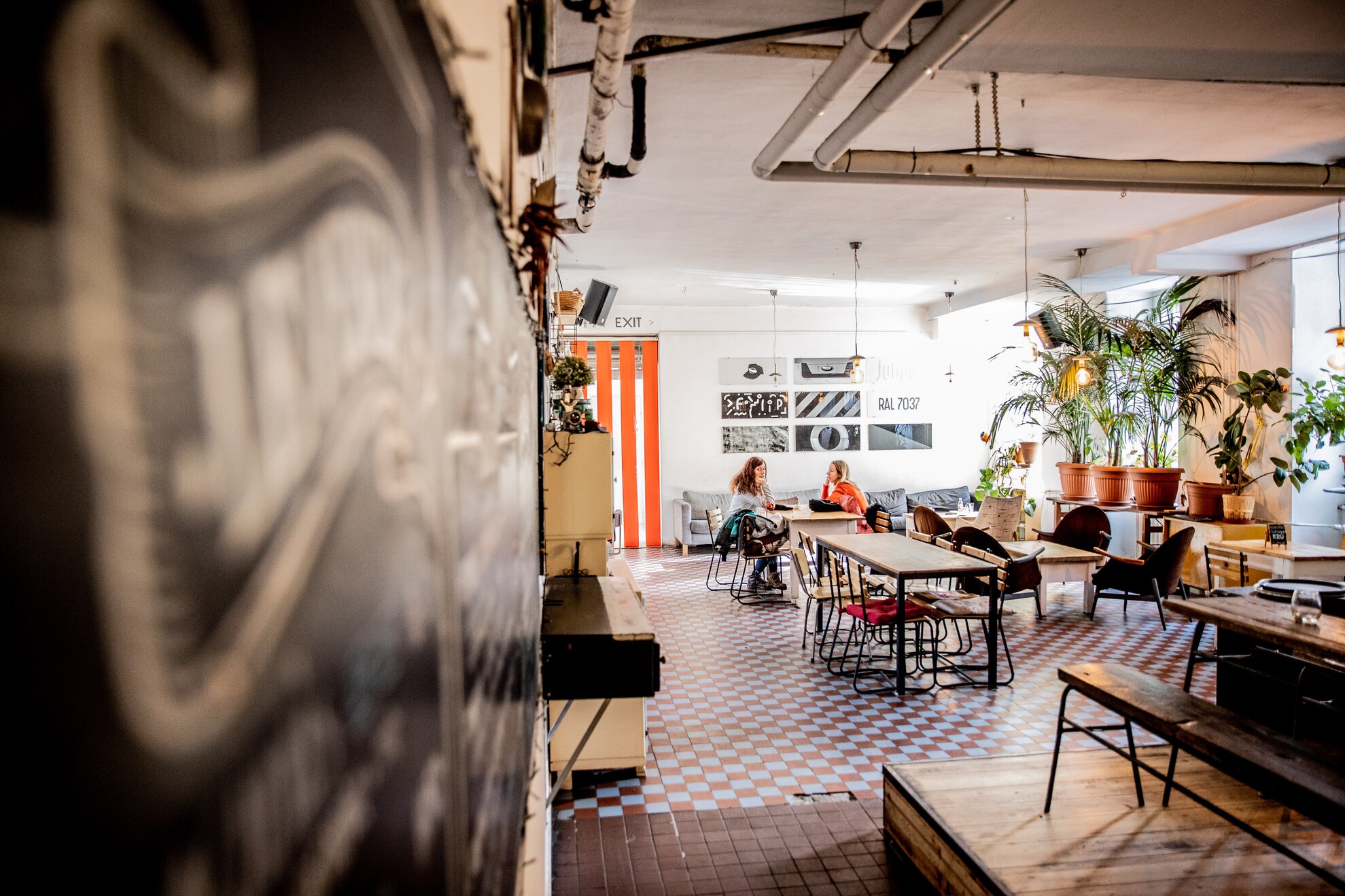
The property was
much larger than they needed. That’s why they expanded the concept right from
the start and decided to accommodate not only theatrical dance groups, but
everyone else who wanted to come.
And came they did: costume designers,
photographers, designers, visual artists, NGOs working on social issues and, of
course, alternative theatre companies. The Jurányi we know today was created due to the size of the building.
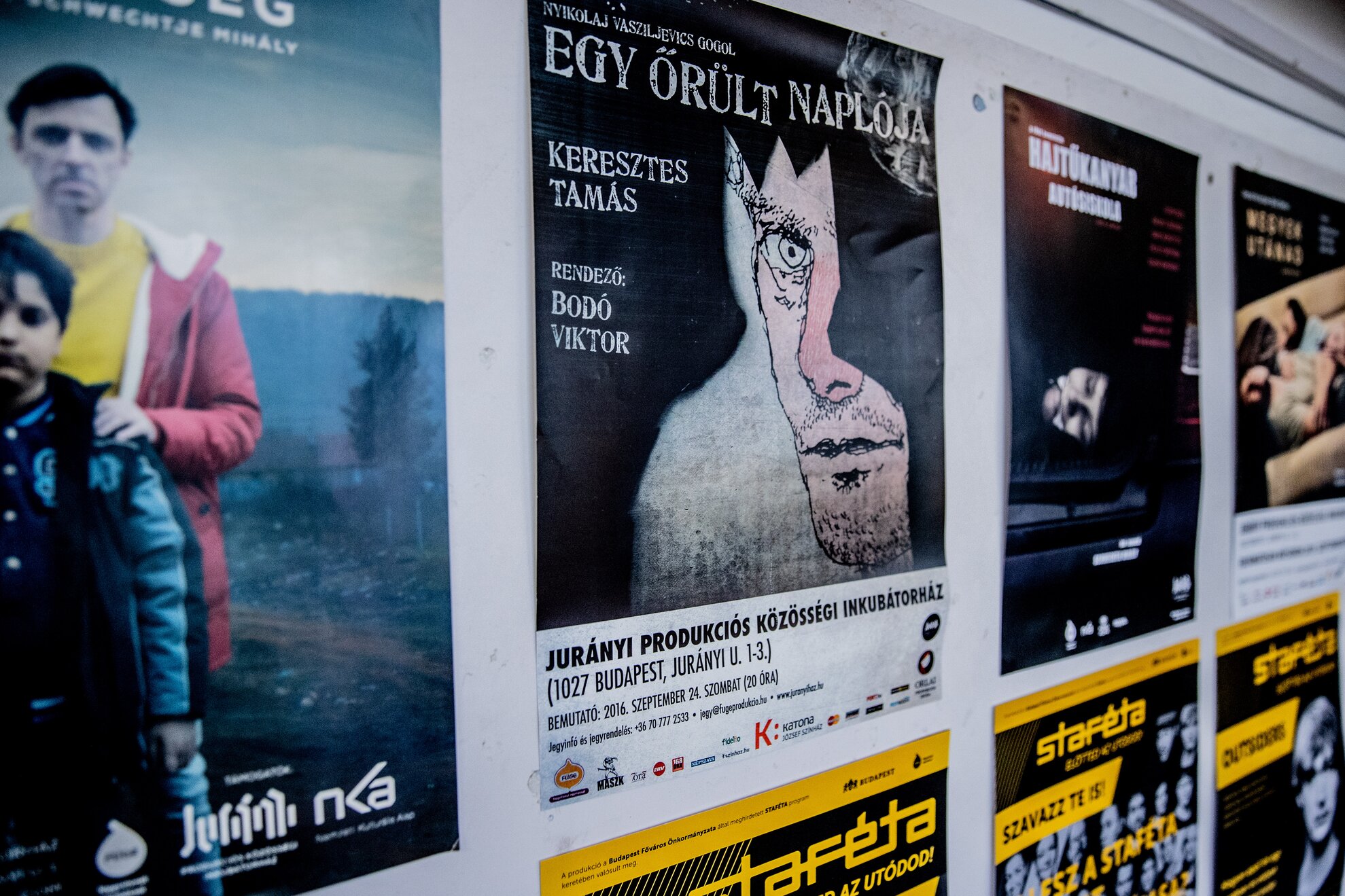
At first, the approach of the Jurányi community house was to strengthen from above, while in parallel, the various collaborations started from the bottom up. One of the dance troupes invited the musicians of the Béla Workshop, and one of the sewing workshops began making costumes for different companies. This community-building togetherness and co-operation characterise the Jurányi to this day.
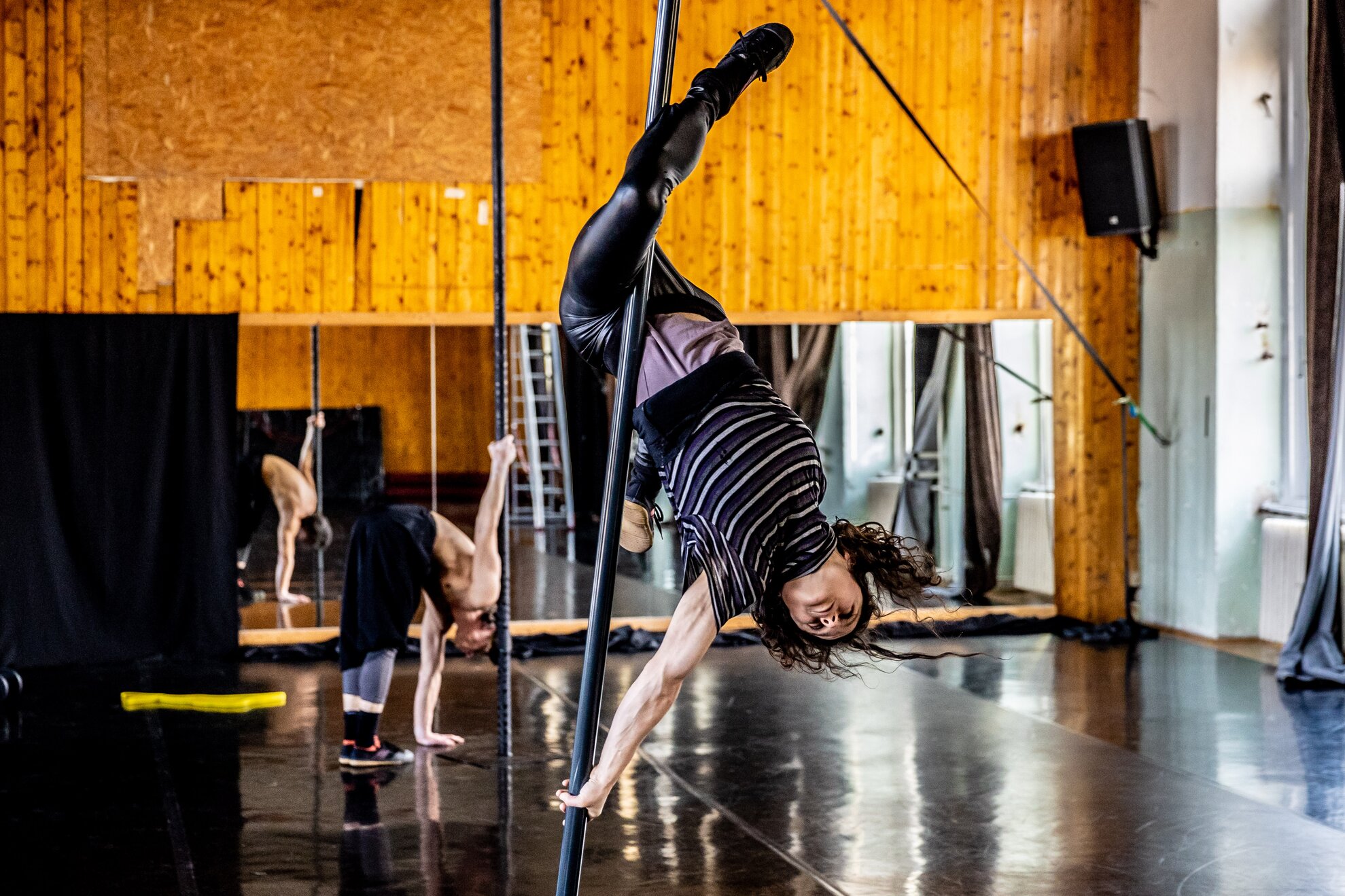
Come one, come all

No tenders were
issued for the vacant rooms in the Jurányi, but tenants arrived on an ad-hoc basis
after hearing by word of mouth. Usually, each tenant brought someone else with
them, someone they had been working on for different projects for a while, who happened
to be looking for a place themselves.
The Jurányi filled up quite quickly,
and a strong, cohesive, decent community developed within these walls.
There are currently 64 associations, companies and businesses
operating in the building today.
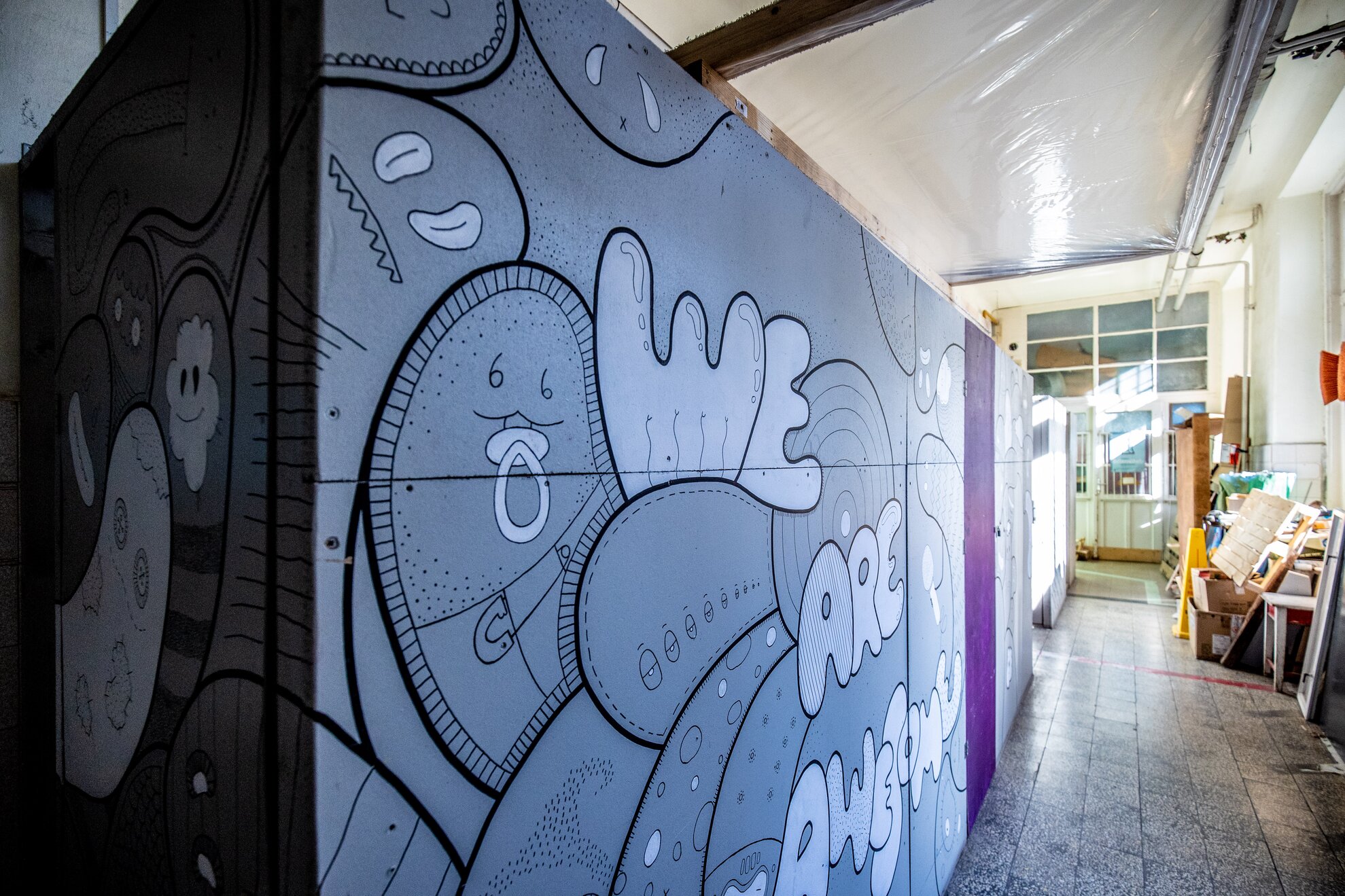
Jurányi’s rapid growth meant that there were some who had to be edged out. The waiting list currently has more than 200 names. And one of the goals for the future, which is in line with nurturing talent, is to give opportunity to as many people from outside as possible. No small challenge.
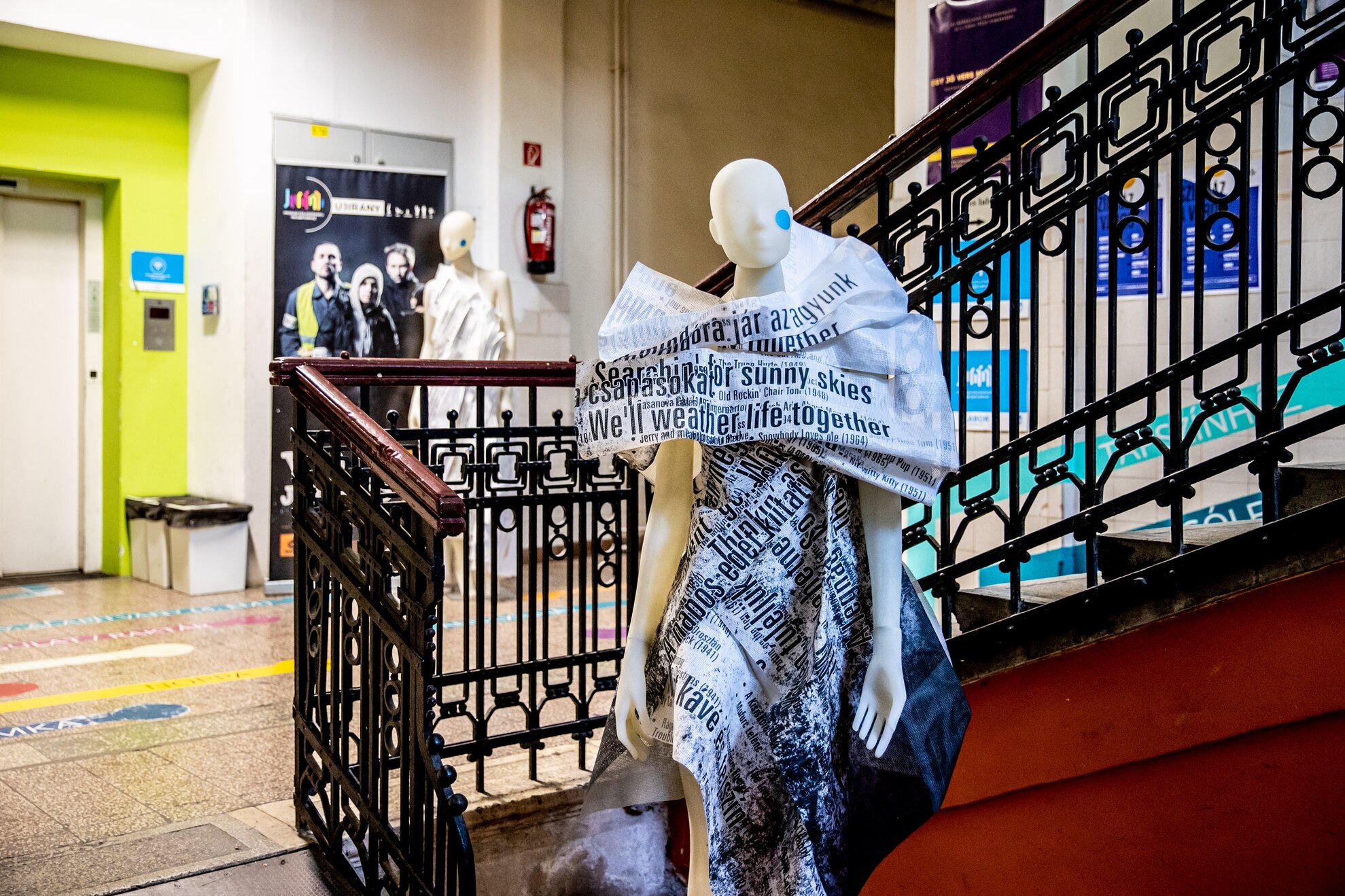
Although initial
plans called for a community workshop and an office for independent
theatre managers, these ideas were eventually discarded and the room was given
to a company for permanent use. So for the time being, the same structure remains
in place, providing temporary homes and rehearsal spaces, and welcoming the
occasional outside company.
There’s still a huge demand for all-arts community
house. As someone here best put it, “Jurányi is like Noah’s Ark”.
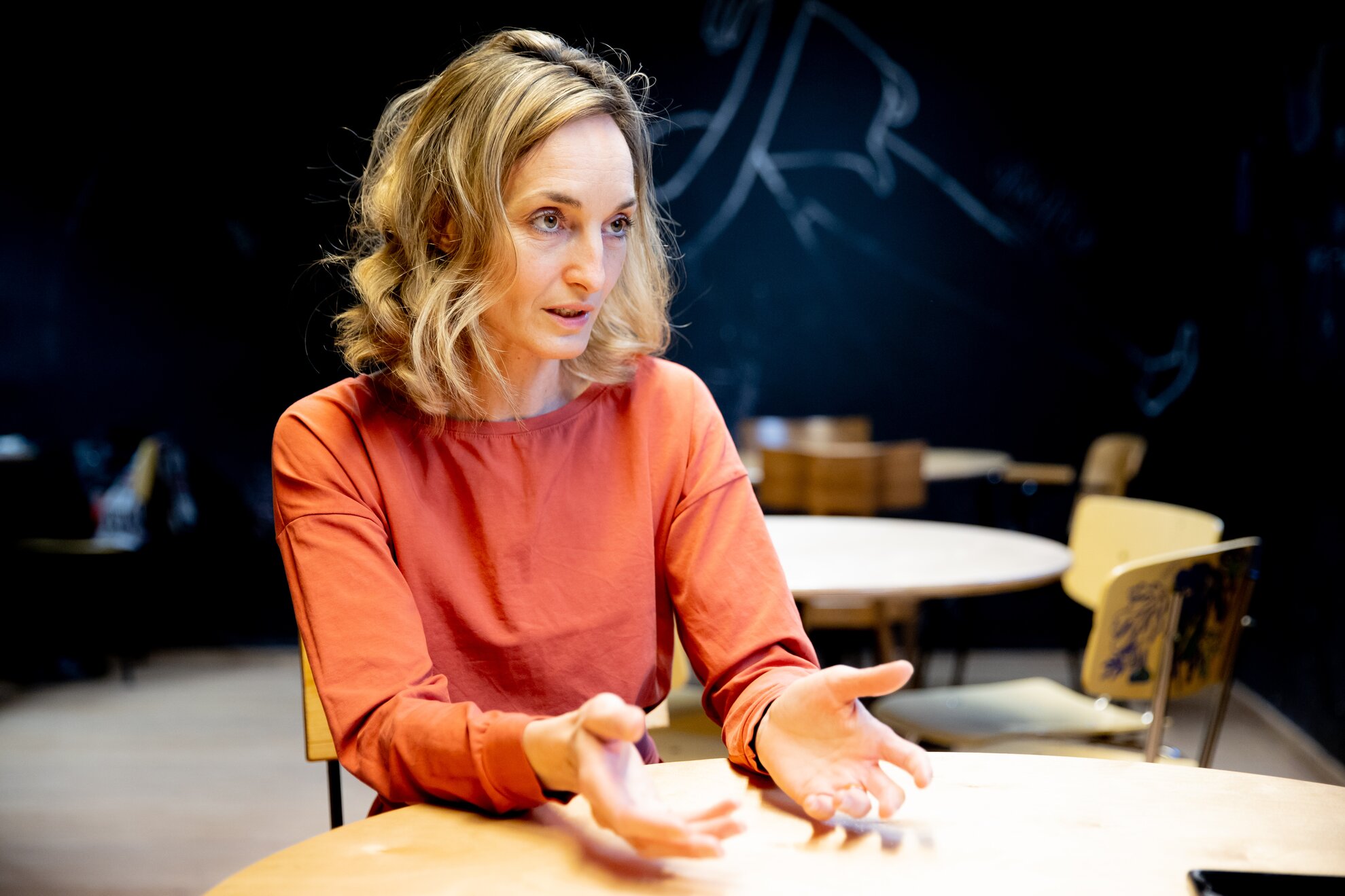
The management of
FÜGE decides which productions will be put on and which not. With so many requests, they
can’t say ‘yes’ to everything, so in the first instance, if timings clash, a
certain performance will not be viable.
Then management looks at the materials submitted,
then makes a decision after personal hearings and discussions, favouring productions they feel are most appropriate for the spirituality of the place.
The building that
houses this community really is gigantic – the entrance is not just the one you
see from Jurányi utca, close to the Mammut mall. It zigzags inside, maze-like,
and it's very easy to get lost,
Finding your way
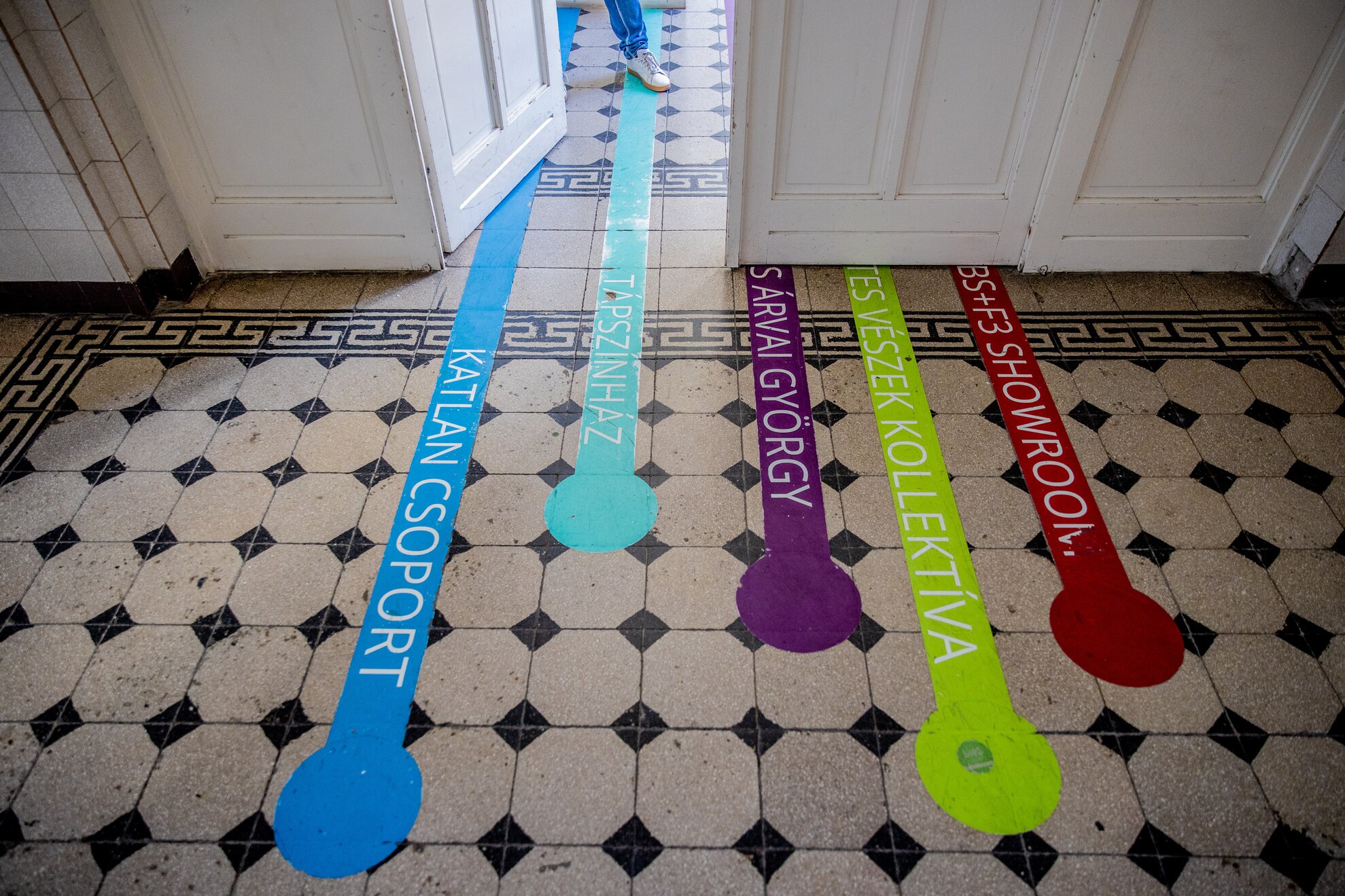
There’s always a friendly face to point you in the right direction. Szilvia Vég took us round, starting with the ruin bar on the ground floor, showing us all sorts of rehearsal spaces and workshops.
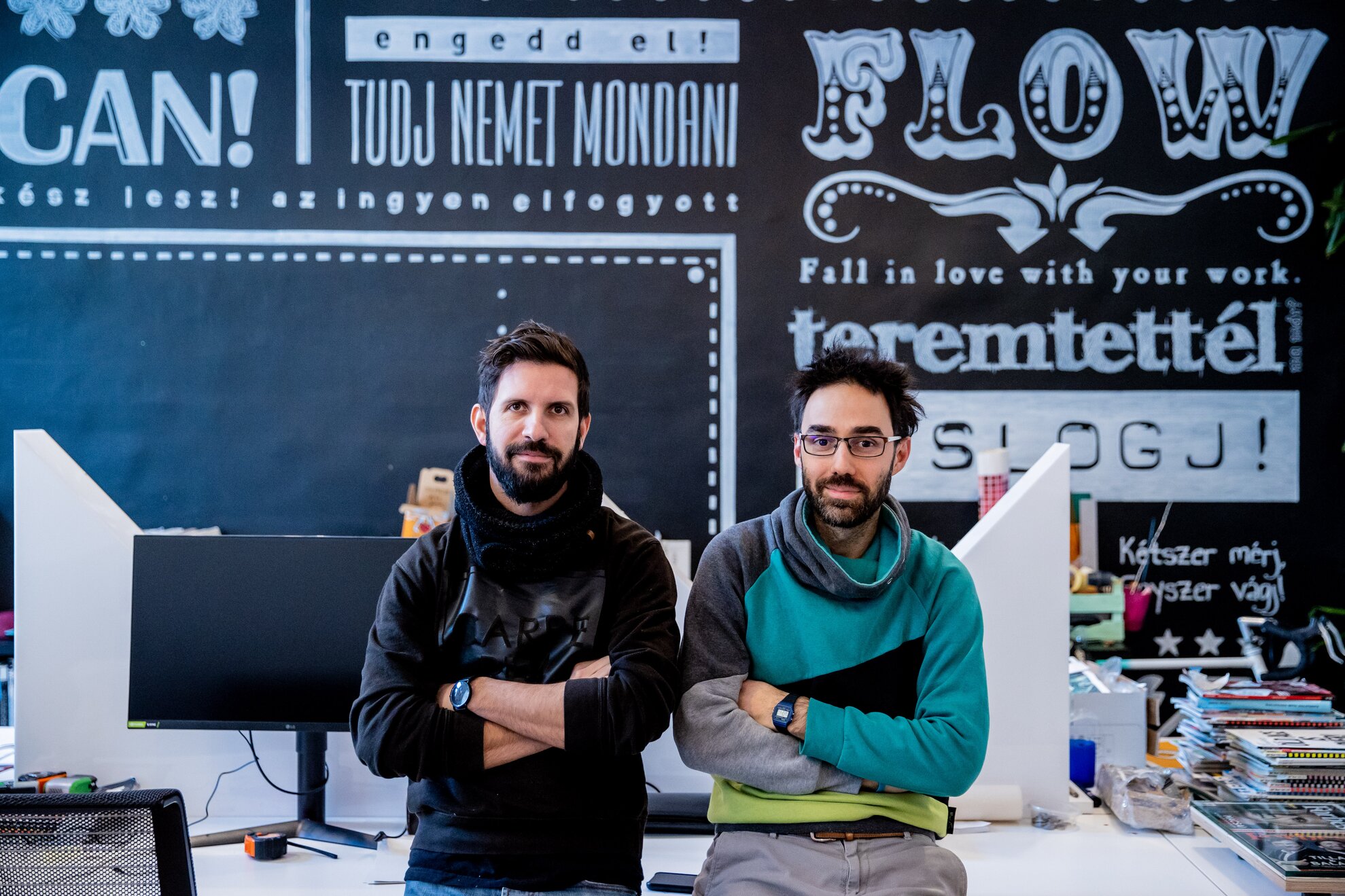
We said hello to contemporary dance troupe, the Tünet Ensemble, took a look at a modern circus rehearsal, visited Sára Bálint, creator of wedding dresses, and designers Gabó Szerencsés, Dóra Juhász, and the Noppa design studio, as well as a unique engine design and installation company. Also here is the rehearsal room for the Szkéné Theatre troupe, and the home of TÁP Theatre.
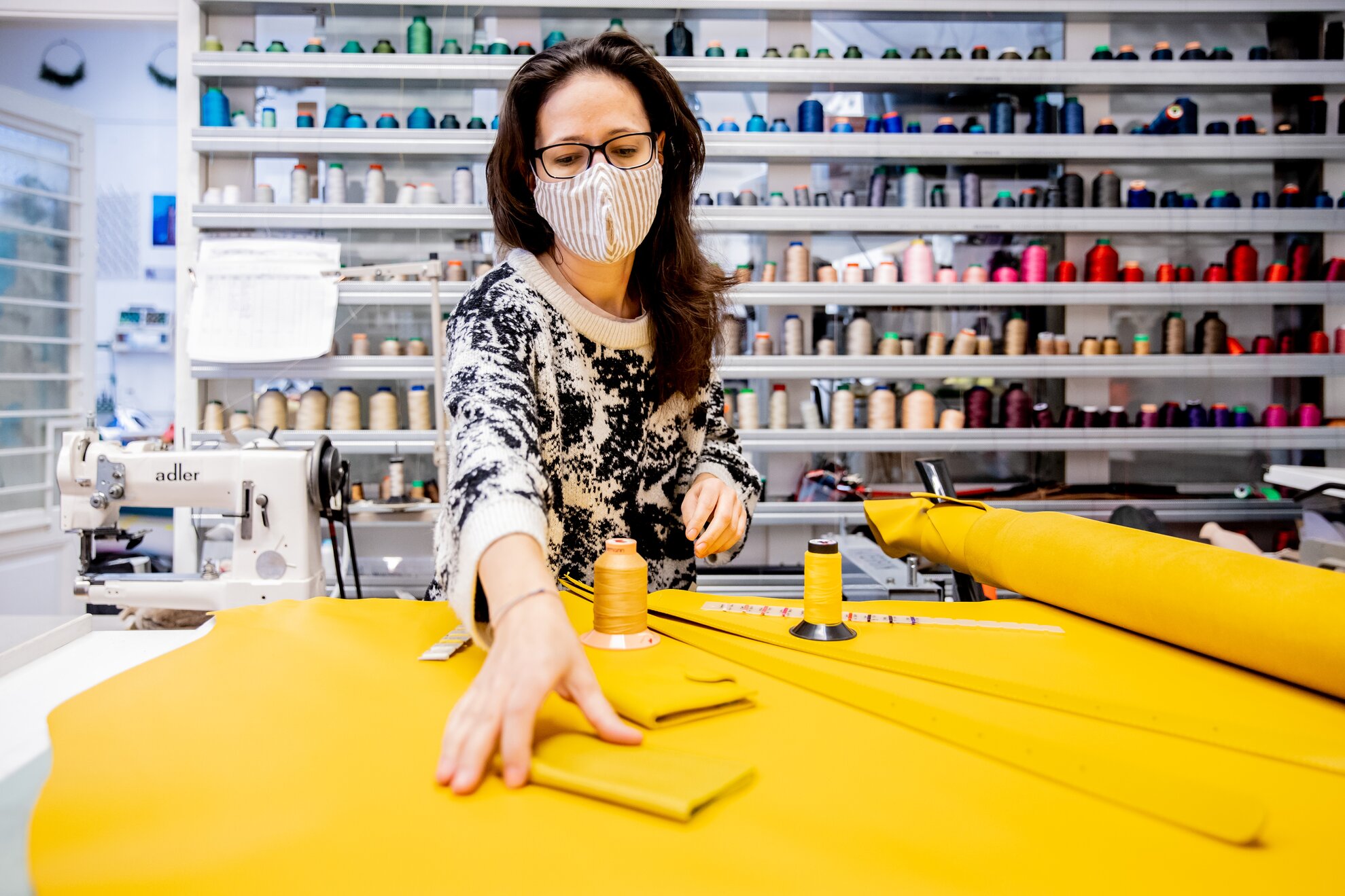
Confident future
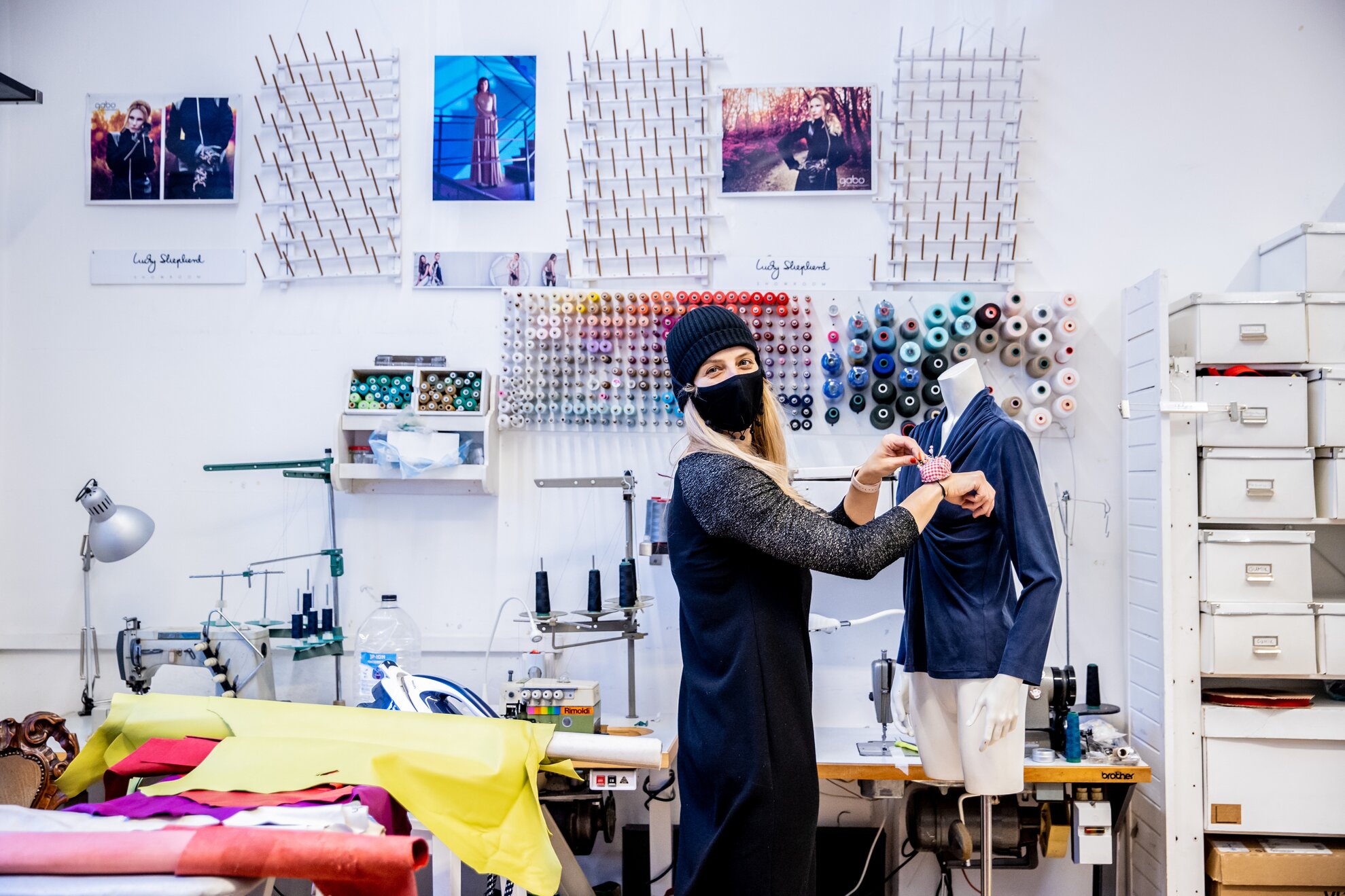
Although Jurányi’s reputation is a good one, its future is more uncertain. Before it turns ten years old this October, the lease on the building expires in the summer.
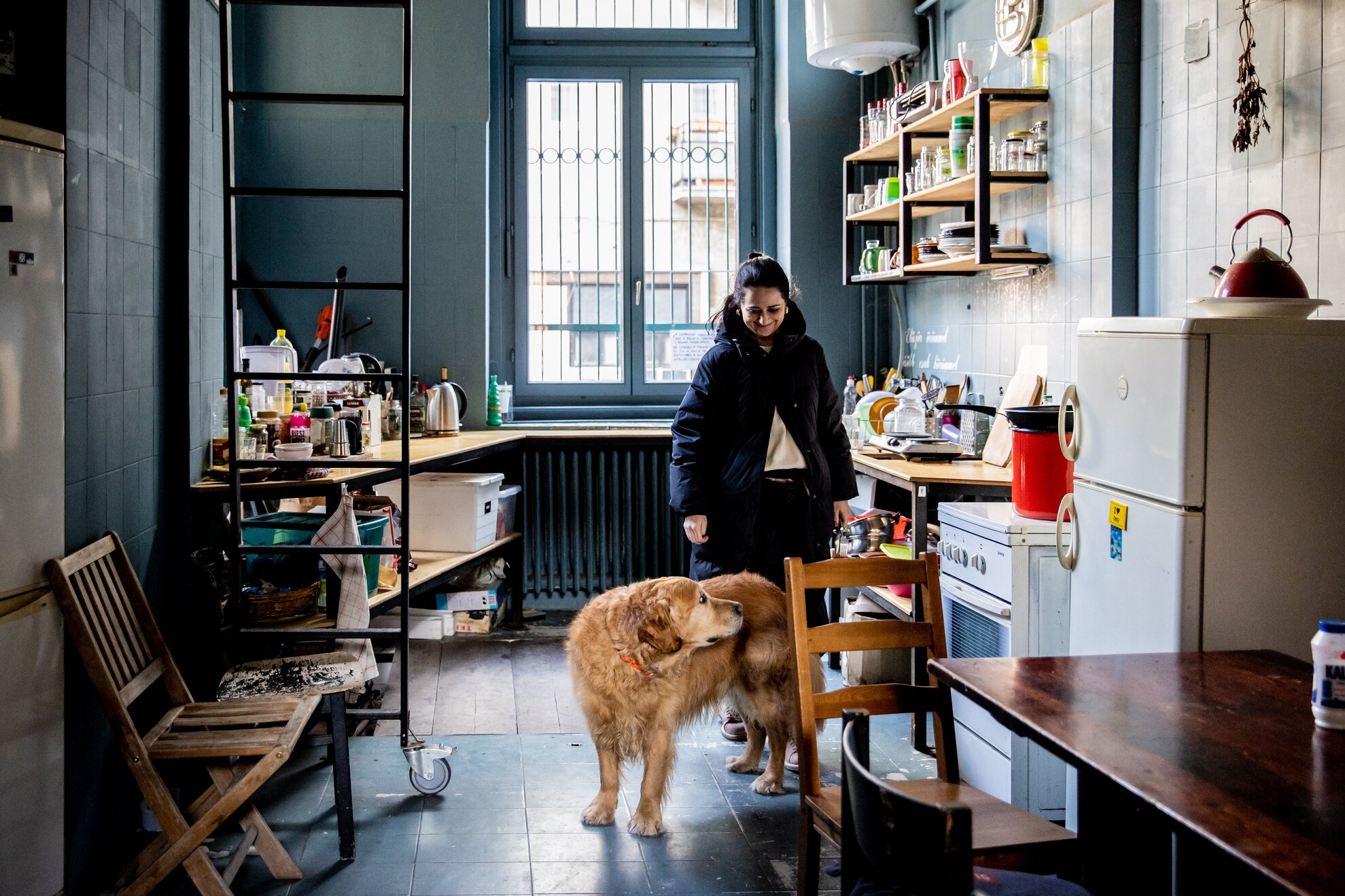
Any birthday party is on ice until the contract is extended. Negotiations are underway, and fortunately the property owner, Budapest City Council, fully recognises the good work that has taken place here so far.
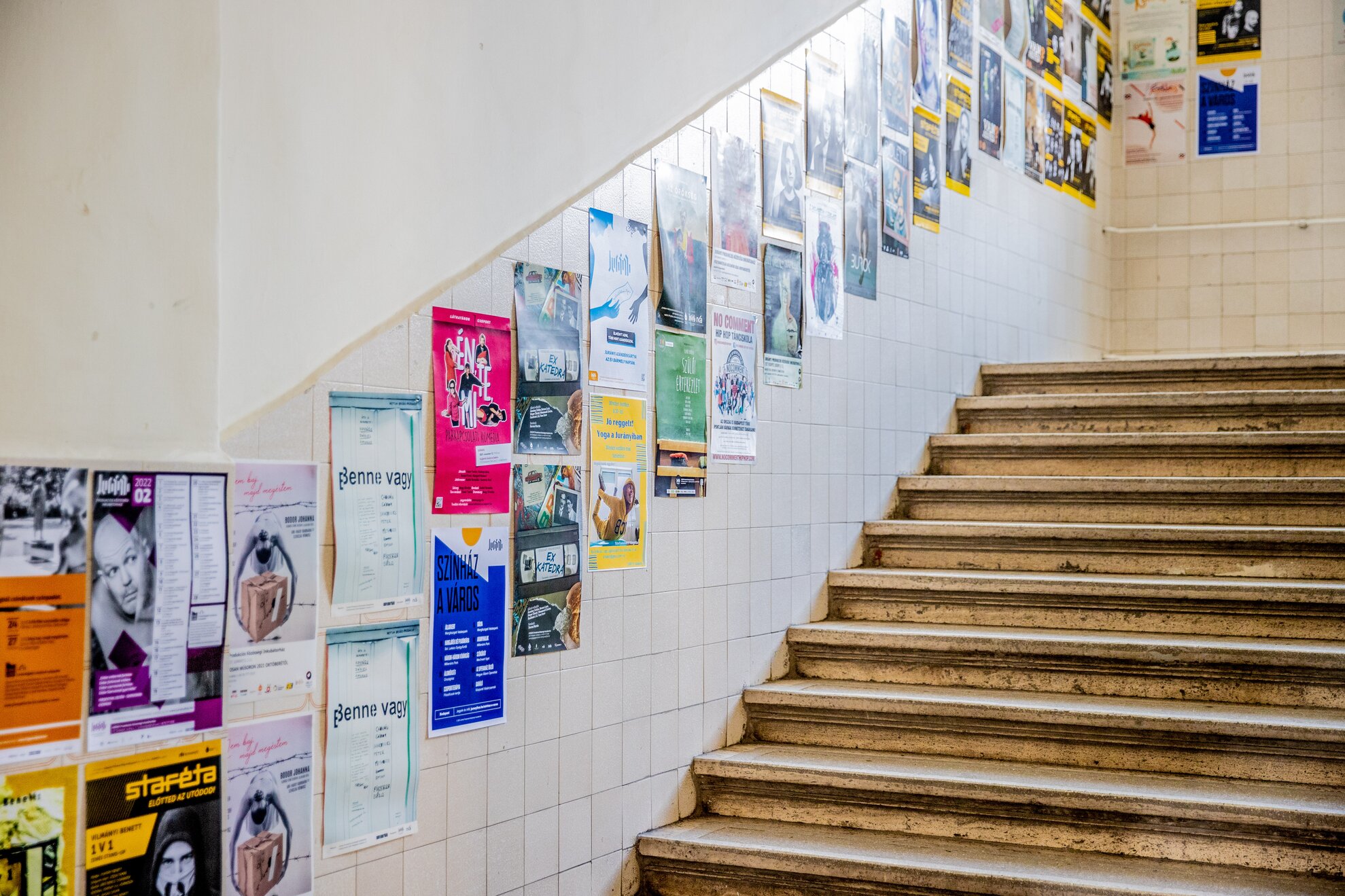
Jurányi is now a well-known brand, and not only in the capital or in the independent theatre scene, but also in the field of culture in general. It is important for everyone to stay. Recently, the Jurányi staged the 200th performance of A Crazy Diary, first presented in 2017, a rare example of longevity for an independent theatre company.
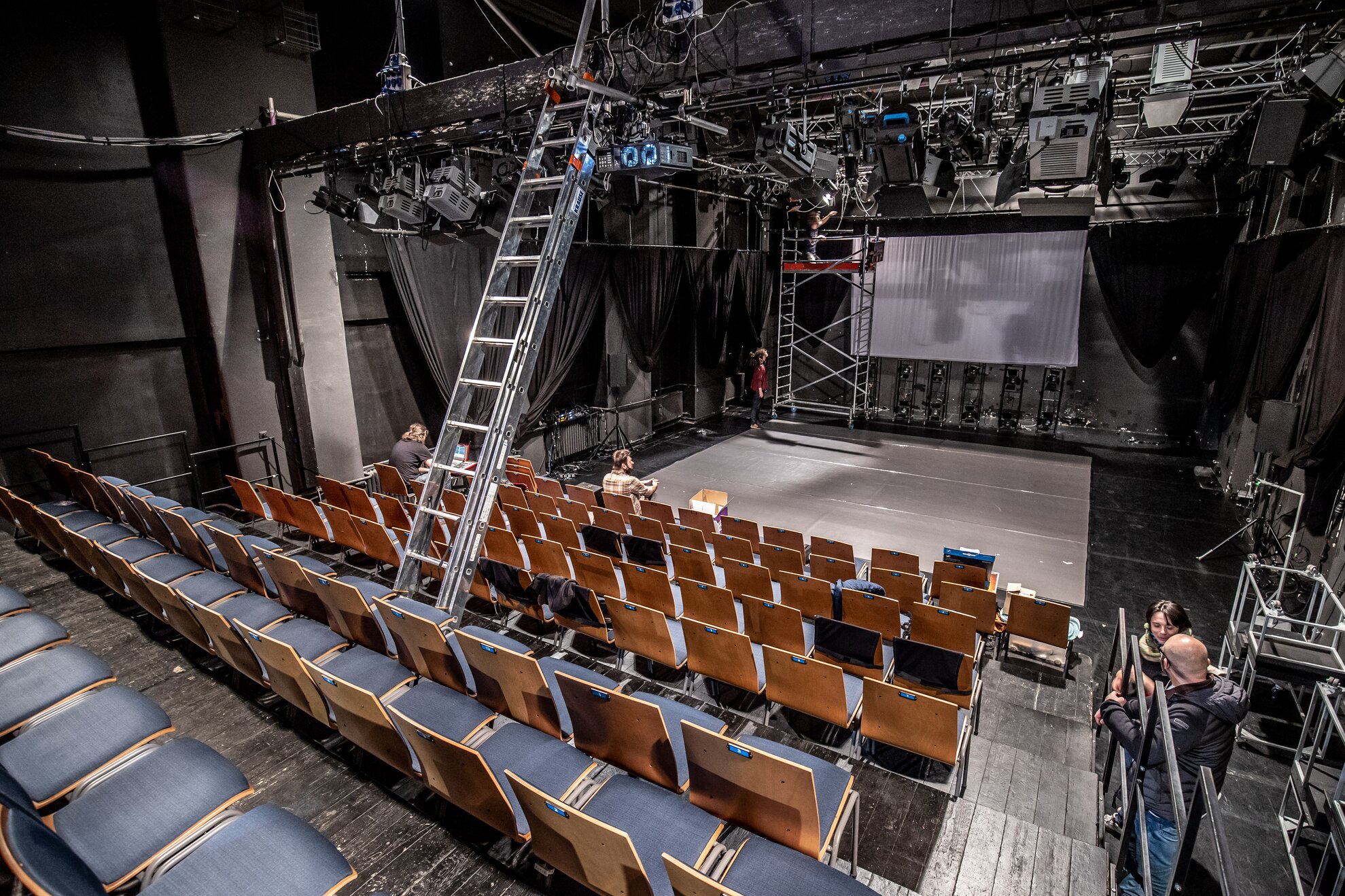
But perhaps more illustrative is how the Jurányi has become an example for a social studies course taught at nearby schools. Pupils were given three questions. What is a community house? How is it built? How does it work? The Jurányi would seem to provide all three answers perfectly.
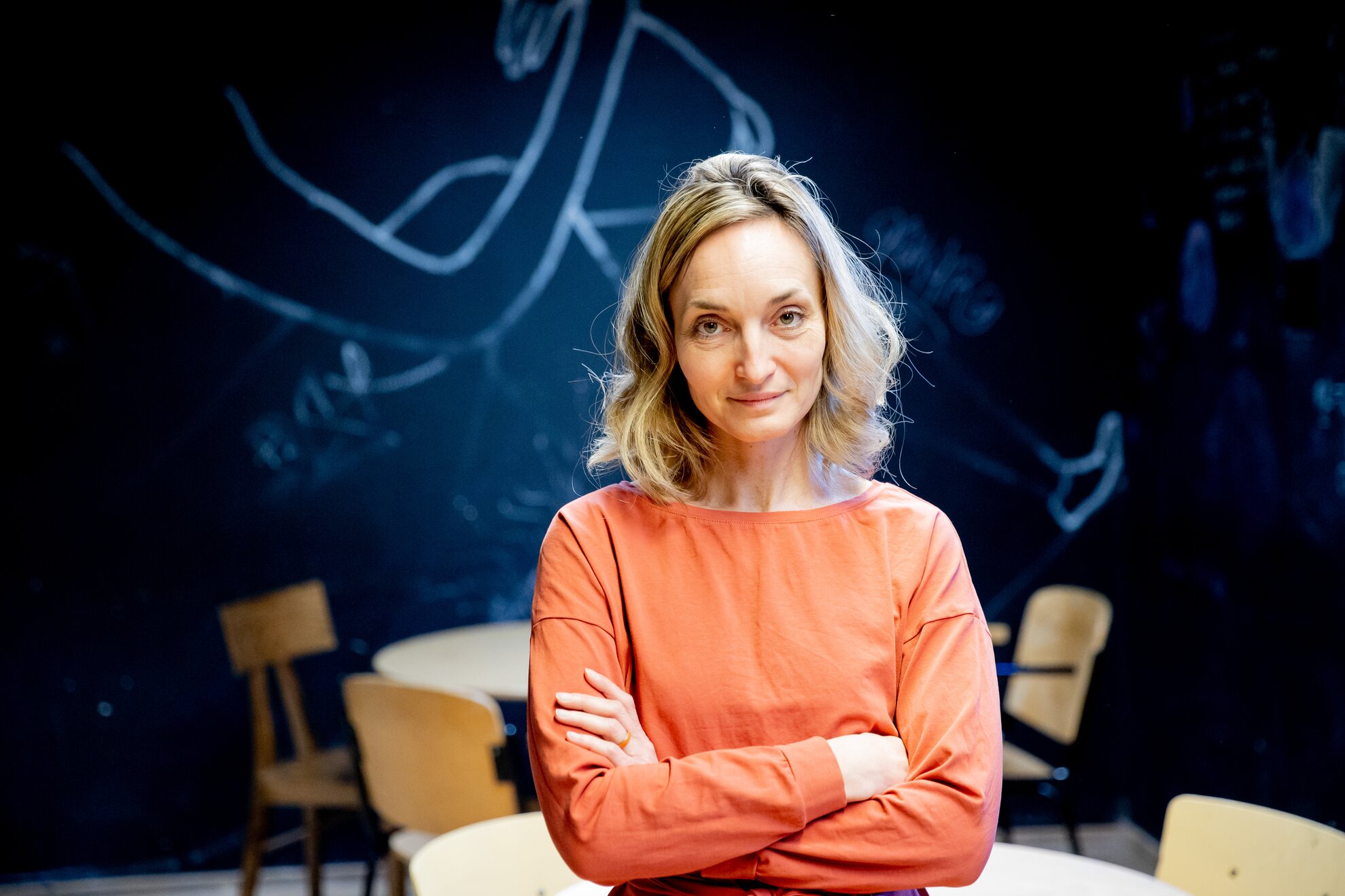
Venue information
Jurányi House
1027 Jurányi utca 1-3
Instagram
Website (Hungarian-only)
